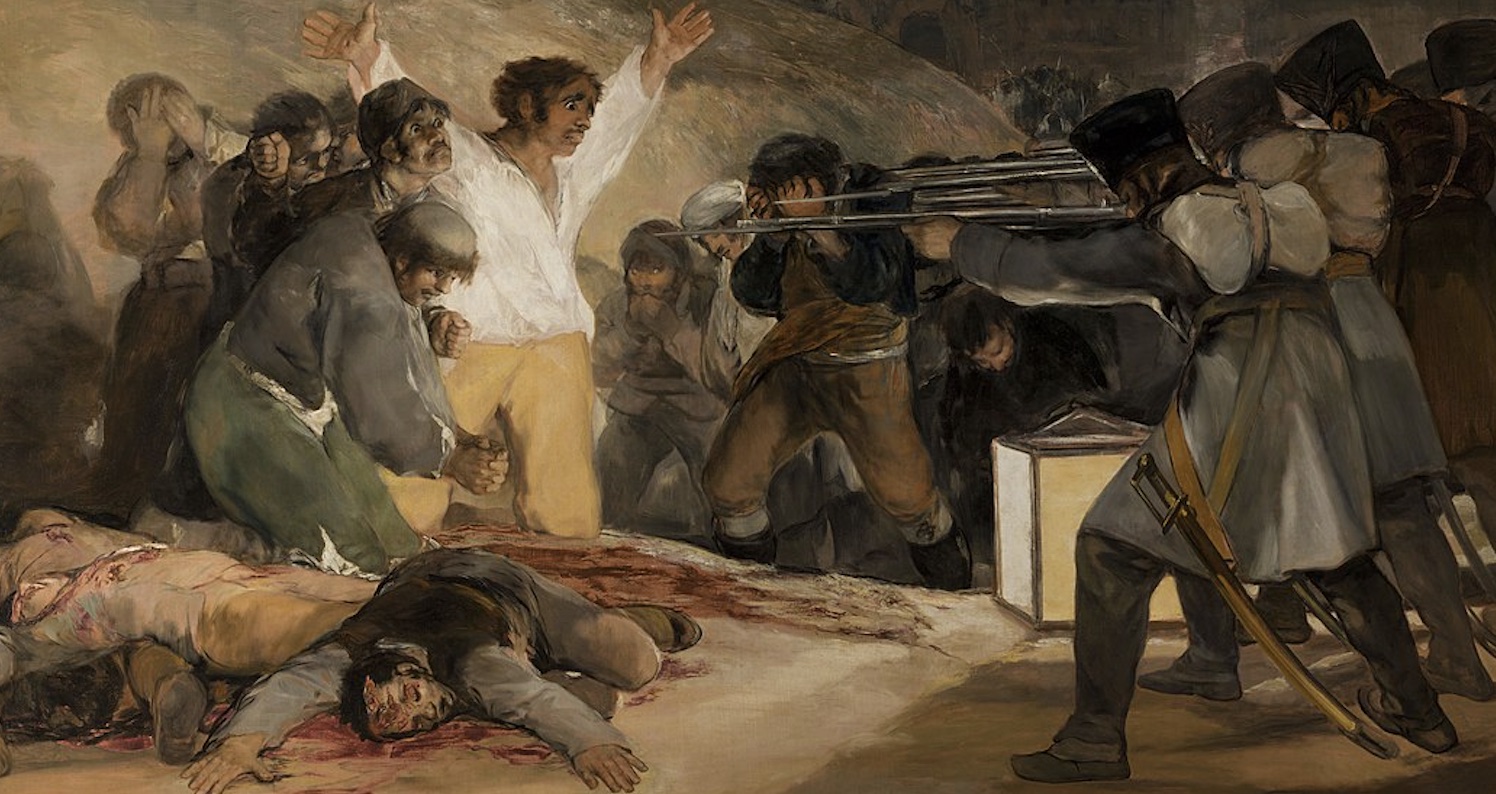As war and terrorism rear their ugly heads, it’s useful to recall basic moral arguments about war and peace. The just-war theory teaches that it is wrong to deliberately target noncombatants. So, the Hamas attacks that assassinated and kidnapped Israeli civilians are wrong.
The just-war theory allows for targeted retaliation in response to aggression. But it does not allow indiscriminate violence. So, if Israel responds indiscriminately, it also is wrong to do so.
Critics may suggest that the just-war theory is a feckless attempt to regulate the inherent brutality of war. So-called “realists” say that moral judgment does not apply in war, where the goal is attaining supremacy. Realists maintain that power trumps morality and anything goes in pursuit of victory, including terrorism and terror bombing.
The just-war theory rejects this. It demands that violence be limited to legitimate targets and minimized by rules of proportionality. These limits aim to prevent escalation and atrocity.
But what does a military force do when responding to those who do not play by moral rules? Some militants and militaries ignore moral limits. They employ terror tactics and commit war crimes, as Russia has in Ukraine. It is tempting to respond in kind. But tit-for-tat retaliation is wrong. An atrocity committed as retaliation for an atrocity still remains an atrocity. And retaliatory violence tends to provoke further atrocity.
Pacifists have often pointed out that the logic of war tends toward escalation and depravity. Pacifists argue that few, if any, actual wars live up to the standards of the just-war theory. Pacifists also suggest that nonviolence can be effective.
The critics of war also argue that war should be abolished. In 1950s, at the dawn of the nuclear age, Albert Einstein said, “the only solution is to abolish both war and the threat of war.” Pope Francis reiterated this idea last year, saying, “The moment has come to abolish war, to erase it from human history before it erases human history.”
War abolition may seem a naïve goal at present. And it is not clear how nonviolence can effectively stop terrorists and criminal armies. The realists will say that in a world at war, the only thing that matters is supremacy. The just-war theorists worry that realism is a recipe for moral disaster. And the pacifists complain that it is all a kind of madness.
To cure that madness, pacifists call for radical change. War abolition would require the construction of just and equitable global systems. More fundamentally, it would require a change of human consciousness such that terrorism and war are simply unimaginable.
Abolishing war would be like abolishing slavery. It would require the evolution of our economic, cultural, and political systems. The analogy with slavery reminds us that brutal systems can be abolished. But it also reminds us of the extent of the challenge. Slavery existed in human culture for millennia. In America it took a terrible Civil War to abolish it. War has a seemingly more permanent hold on the human spirit. War will not be abolished simply because Einstein or the pope wishes it were so.
And yet, the pacifists argue that this is what we must work toward. In his argument against war, Pope Francis said, “War is a cancer that feeds on itself.” Cancer provides another useful analogy. Cancer is avoided by preventative health care, including fundamental changes in lifestyle. By the time chemotherapy is needed, it’s already too late. The same is true of war. To abolish the cancer of war, we need the preventative measures of justice, equity and love. By the time the bombs are flying, it’s already too late.
The just-war theory is a guide for present emergencies. This theory condemns terrorism and war crimes. It allows for limited and targeted responses to aggression. But history shows that war fighting often exceeds those limits. So, the just-war theory is not the end of the story. We must also continue to imagine a better future.
In the long run, we must find nonviolent ways to prevent atrocity and reduce animosity. We must cultivate global justice and a sense of our common humanity so that terrorism and war become unimaginable.
Read more at: https://www.fresnobee.com/opinion/readers-opinion/article280473439.html#storylink=cpy


